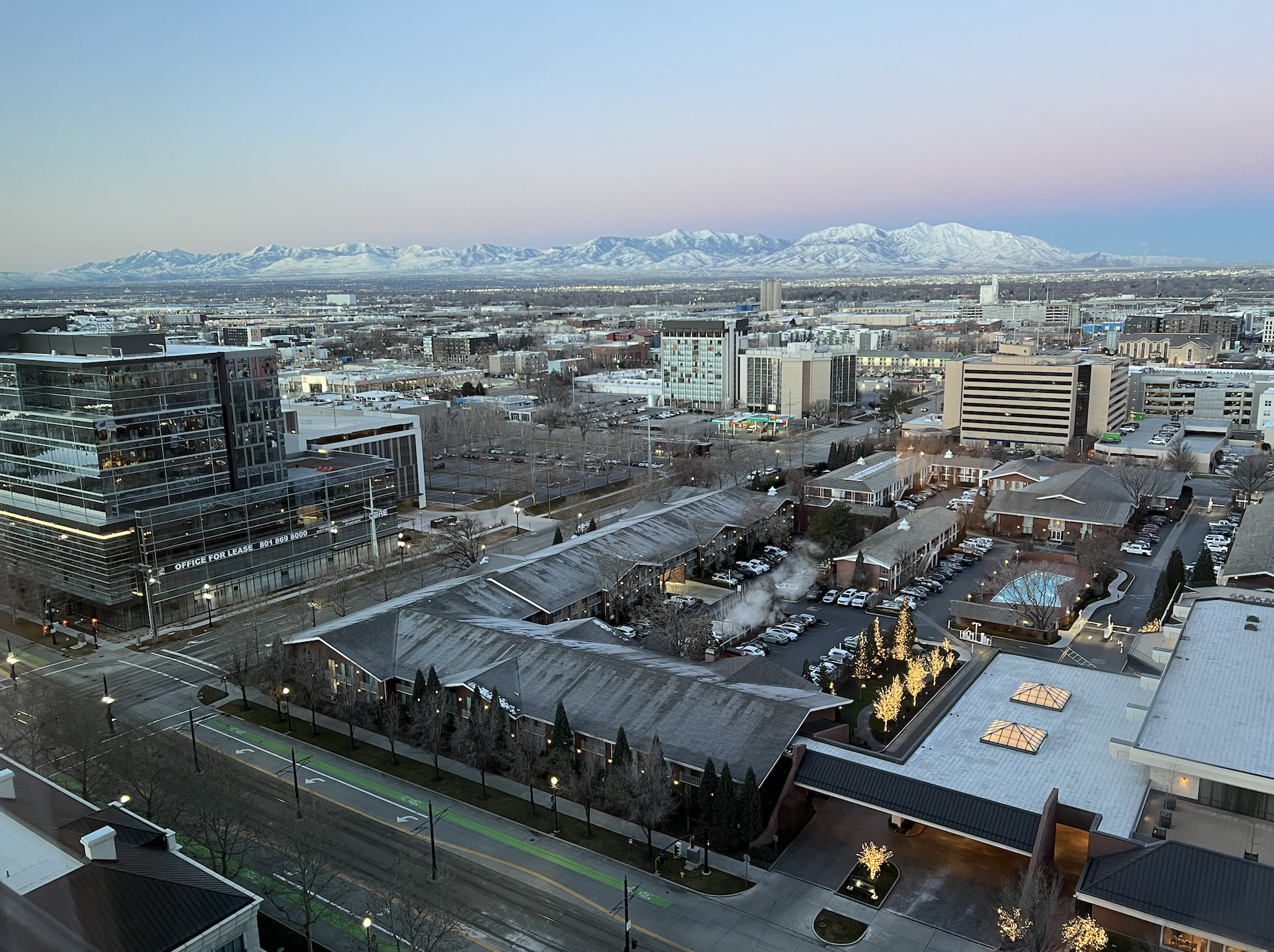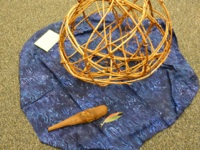Yesterday I spent the day with Steve Ryman and Steve Prather. Our focus in this first of two days together was innovation in health care.
Steve Ryman and I have been together in many settings now: Art of Hosting trainings, working system-wide change in his former public health organization, The Center for Human Development (CHD), and stewarding the beginnings of a Berkana Community of Practice on participative leadership in health care. He’s a easy guy to be with. Insightful. Humble. Very giving. He has a wealth of stories, many of which come from his 35 years with CHD working with a shared leadership model.
Steve Prather and I met a couple of years ago. Our work together is primarily local. Currently in support of Midvale City (Health People, Healthy Community). Steve describes himself as being in his third career. He is a former physician. He spent several years working quality improvement with medical systems. He is now a hungry learner around participative leadership. He too has a wealth of stories. A big heart. A deep longing to improve systems and open some magic with them.
Much of yesterday was about sharing stories in healthcare and our learnings from those stories. Doing so helped me to feel a sense of weaving ourselves together, clarifying a sense of need for innovation in health care, and imagining what we might offer as trainings to health care professionals.
Here’s one from Steve Ryman: “We had just married together two different areas — Public Health with Mental Health. We were beginning to notice the level of poverty and learned helplessness that was carrying from one generation into the next. We really wanted to see if there was something that we could do to stop or curb that. We wanted to dream together. We did, in the form of weekly brown-bag lunch and learn sessions that carried on for a year. We learned together of a few models of what other organizations were doing. We became clear in our belief that all parents begin with a desire to be good parents. As a way of reducing cross-generational patterns, we decided together we would create a Center for Parenting Excellence. We wanted to feed those desires to be good parents. We had a room in our building that wasn’t being used. We all volunteered ourselves (and as our ideas took shape, we gained more support from our respective teams to whom we were accountable). We painted the room. We readied it for engagement, learning, and training around parenting. Without our brown-bag sessions that center wouldn’t have been created. Me met. We dreamed. And then we created.”
On we go into a second day together. Today will be about converging our ideas into more specific format for a training that we can offer to health care professionals. And likely a few more stories too.

 he SLCEC is joining in a collaboration with Salt Lake City and the State of Utah in a state-wide project called Utah Civility and Community 2011 Initiative. SLCEC will be meeting with community groups in four regional meeting and in specific communities to invite citizens to be in conversation about civil discourse and the importance of engaging in citizen conversations that matter for their community. In our participative circle this month I am inviting input from our group to begin creating critical questions that we may use in the convenings planned throughout the state. I would love to hear your ideas and thoughts on what it means to be “civil” and to be in a “civil dialogue”. You may have a story to share where you have experienced or observed a lack of civility. I am looking forward to what you can help me create on behalf of the Utah Civility and Community 2011 Initiative. I hope you can join me in this conversation.
he SLCEC is joining in a collaboration with Salt Lake City and the State of Utah in a state-wide project called Utah Civility and Community 2011 Initiative. SLCEC will be meeting with community groups in four regional meeting and in specific communities to invite citizens to be in conversation about civil discourse and the importance of engaging in citizen conversations that matter for their community. In our participative circle this month I am inviting input from our group to begin creating critical questions that we may use in the convenings planned throughout the state. I would love to hear your ideas and thoughts on what it means to be “civil” and to be in a “civil dialogue”. You may have a story to share where you have experienced or observed a lack of civility. I am looking forward to what you can help me create on behalf of the Utah Civility and Community 2011 Initiative. I hope you can join me in this conversation.